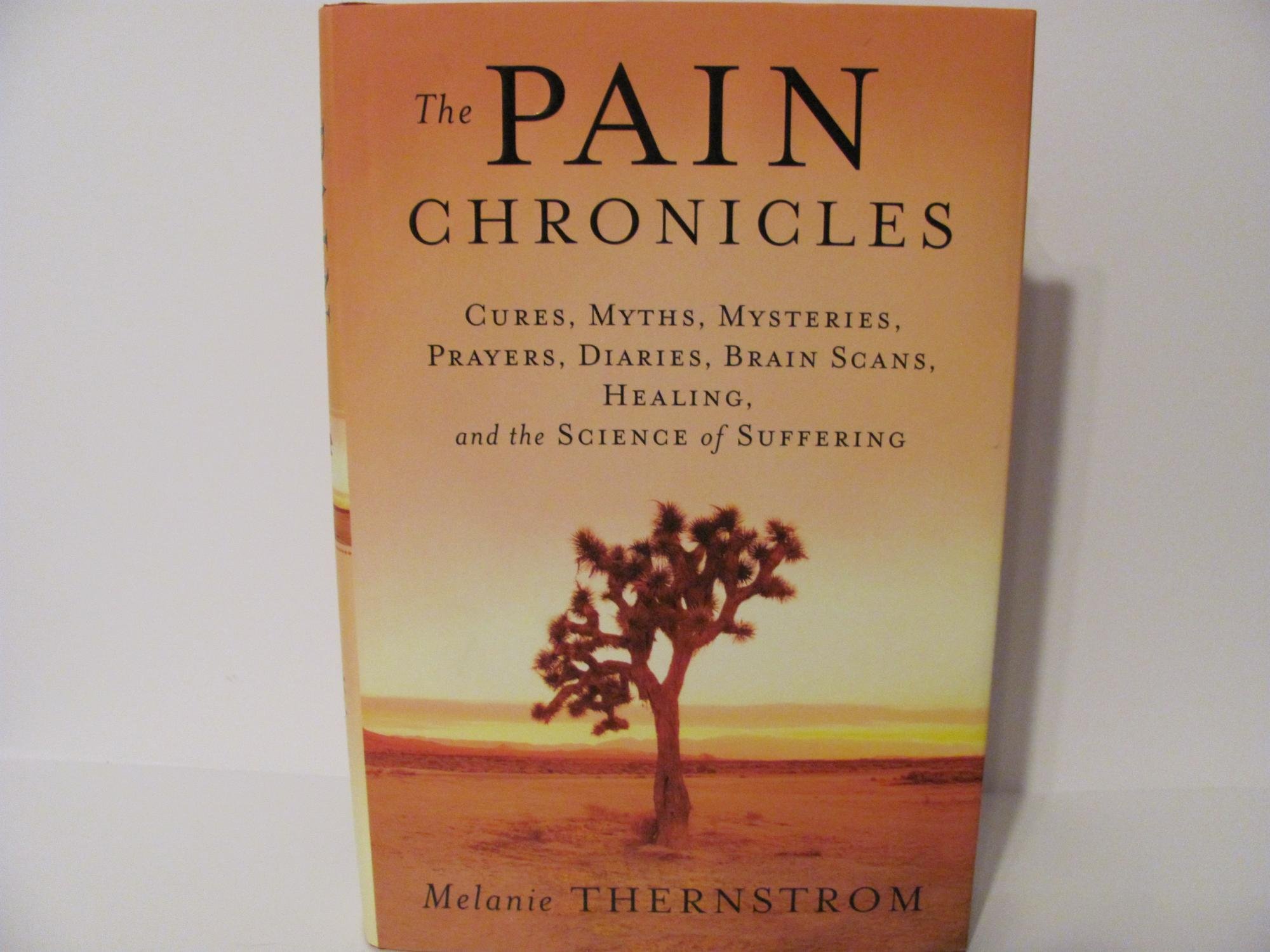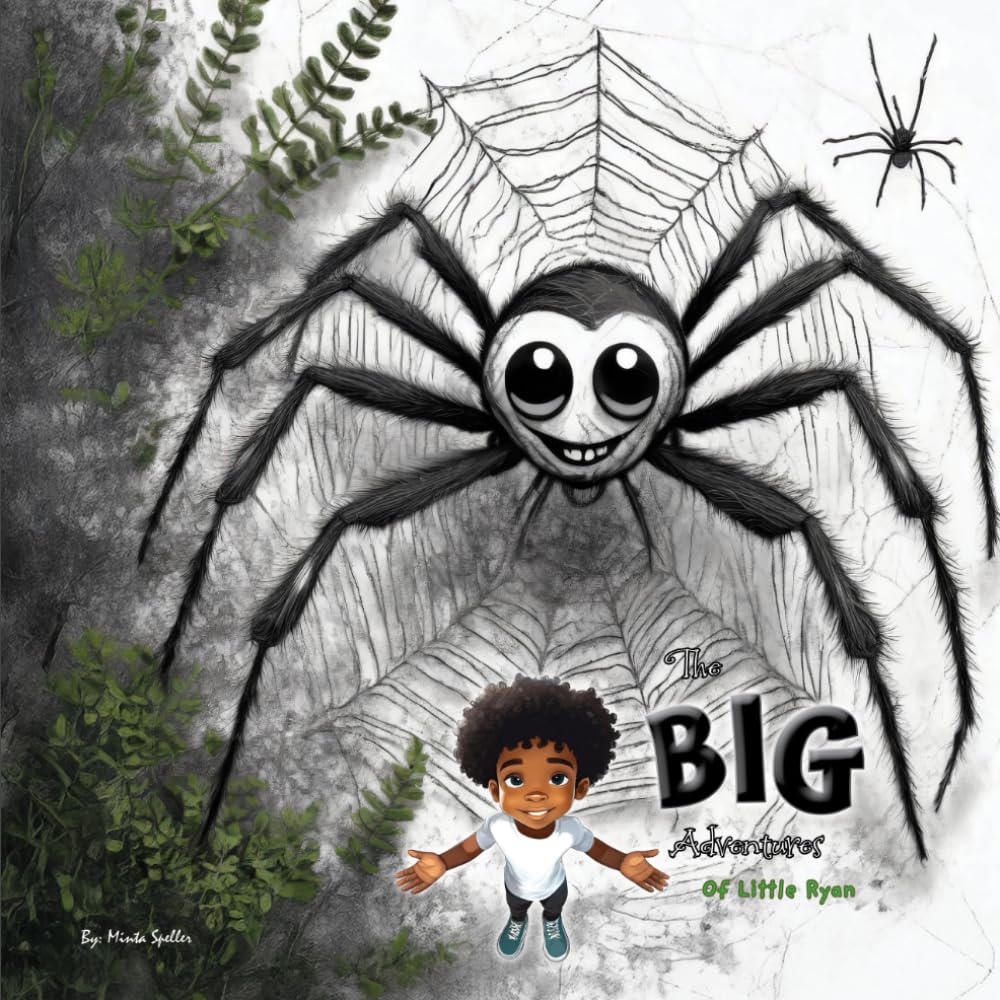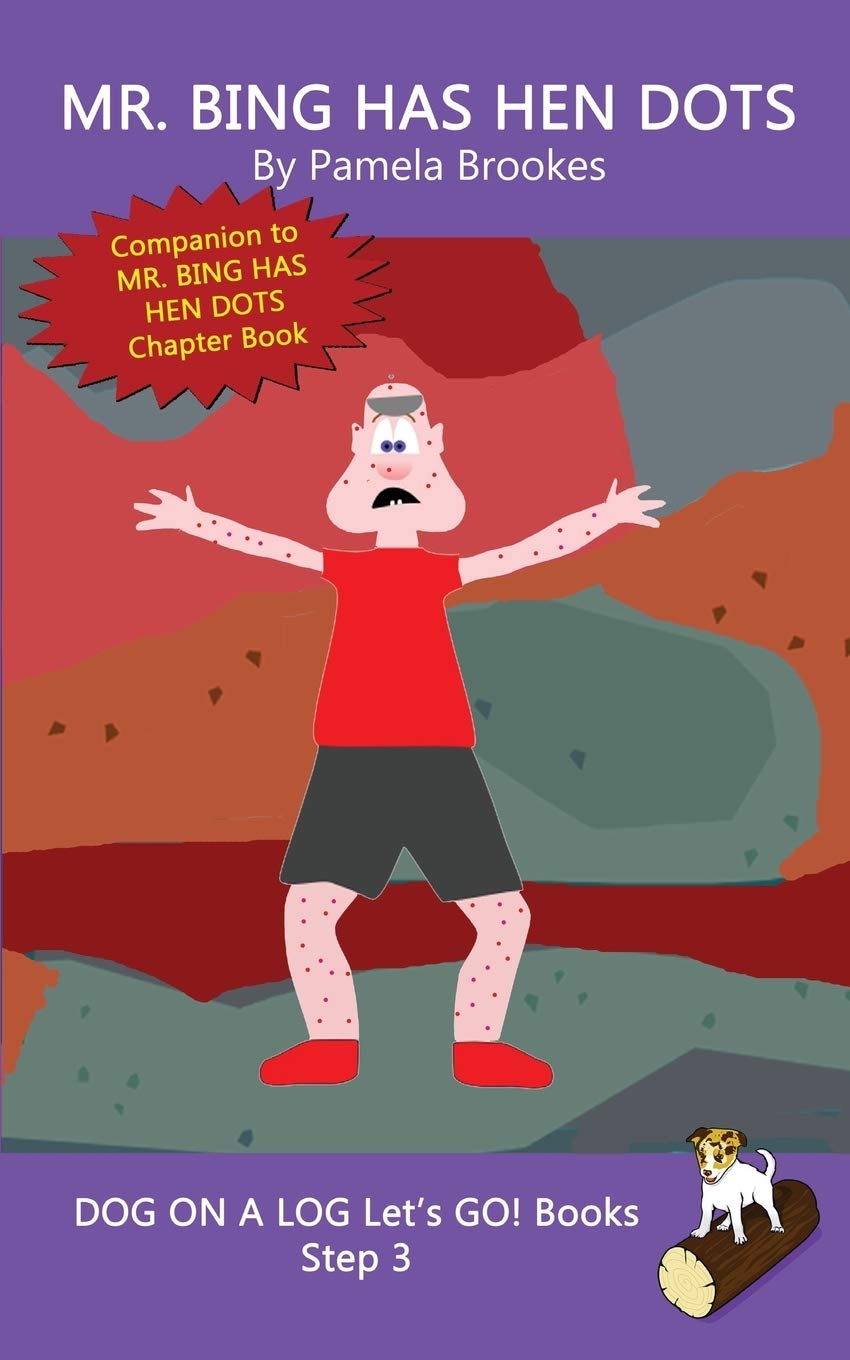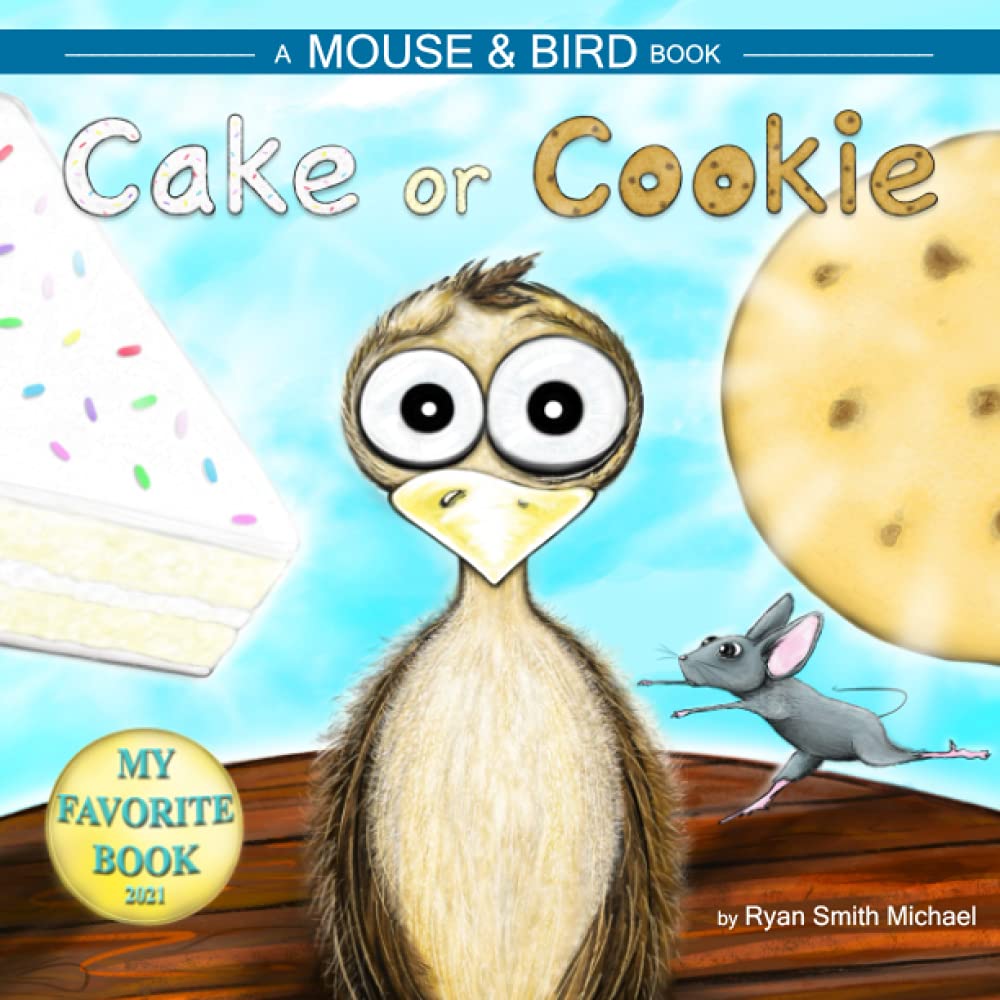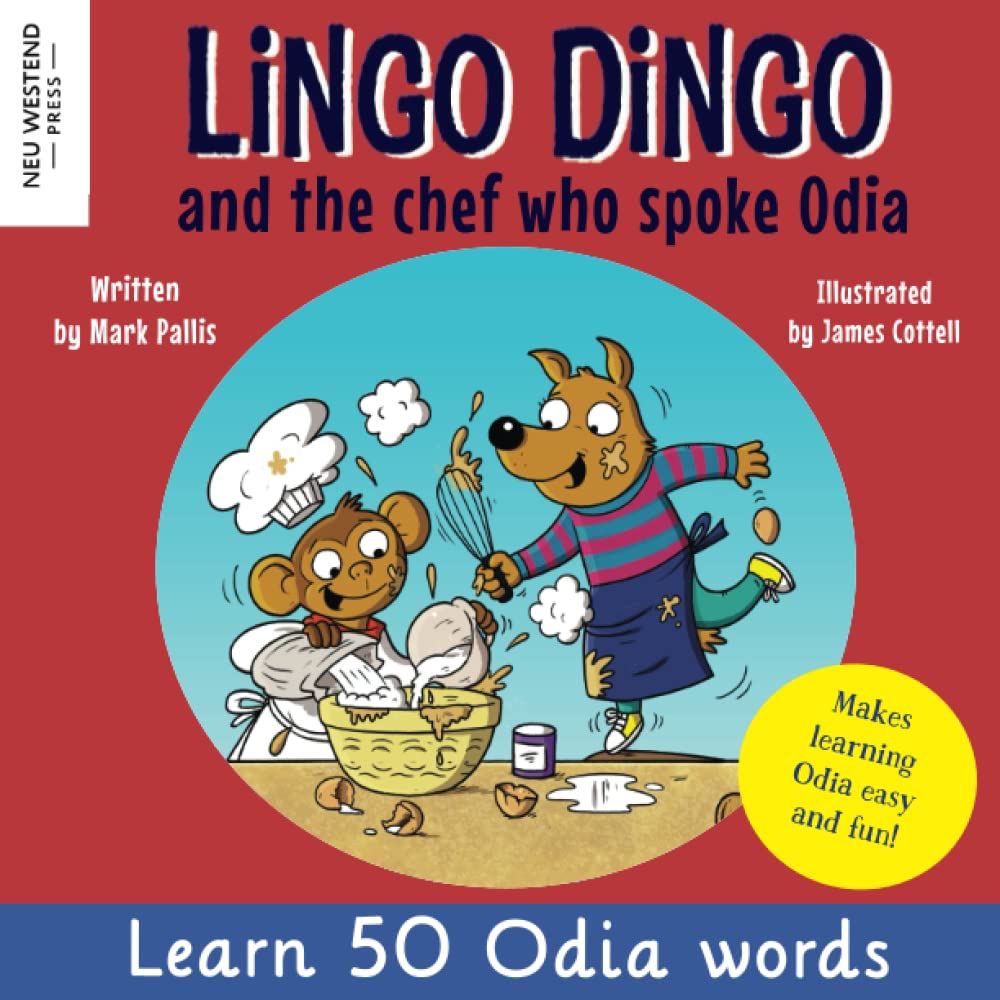Each of us will know physical pain in our lives, but none of us knows when it will come or how long it will stay. Today as much as 10 percent of the population of the United States suffers from chronic pain. It is more widespread, misdiagnosed, and undertreated than any major disease. While recent research has shown that pain produces pathological changes to the brain and spinal cord, many doctors and patients still labor under misguided cultural notions and outdated scientific dogmas that prevent proper treatment, to devastating effect. In The Pain Chronicles , a singular and deeply humane work, Melanie Thernstrom traces conceptions of pain throughout the ages—from ancient Babylonian pain-banishing spells to modern brain imaging—to reveal the elusive, mysterious nature of pain itself. Interweaving first-person reflections on her own battle with chronic pain, incisive reportage from leading-edge pain clinics and medical research, and insights from a wide range of disciplines—science, history, religion, philosophy, anthropology, literature, and art—Thernstrom shows that when dealing with pain we are neither as advanced as we imagine nor as helpless as we may fear. Both a personal meditation and an intellectual exploration, The Pain Chronicles illuminates and makes sense of the all-too-human experience of pain—and confronts with extraordinary grace and empathy its peculiar traits, its harrowing effects, and its various antidotes. The Pain Chronicles is a tale of two books: one a broad-brush study of pain throughout the ages in literature, religion, history, art, and philosophy; the other, remarkable insight into the ravages of pain on the individual and the earnest (if hit-and-miss) efforts of modern science to handle chronic pain. An accomplished science writer, Thernstrom neatly balances her own story within the larger context, dividing the book into sections on pain as metaphor, history, disease, narrative, and perception. Some critics found Thernstrom's close-up work less effective than the history. "While her physical descriptions are often precise," Robin Romm writes, "she frequently blurs the boundary between romantic and physical pain, to sometimes melodramatic effect." Others commented that Thernstrom gives short shrift to Eastern medicine. Still, critics agree that the book is engaging and passionate. Praise for The Pain Chronicles “Profound and engrossing, this exploration of pain is a pleasure.” — People “[ The Pain Chronicles ] is an expansive, invigorating mix of medical reportage, history, memoir and cultural criticism . . . At other times she is a fiercely knowledgeable science writer, delivering case studies and research findings with a storyteller’s verve . . . But The Pain Chronicles is no mere self-help manual. It’s a sophisticated, elegantly compiled treatise—as wide-ranging, complex and defiant as pain itself.”—Robin Romm, The New York Times Book Review “An ingenious mix of science, history, investigative journalism, and memoir.” —Alec Solomita, The Boston Globe “A comprehensive and thoroughly engaging portrait of a force that all of us have experienced, but few of us truly understand.” —Ryan Brown, Salon “There have been hundreds of books published in the last decades on pain and its management, but none that combine memoir, scholarly research and journalistic reportage in the way Ms. Thernstrom, the author of two previous books, does. A stellar example of literary nonfiction . . . You can become absorbed, as I was, in the fascinating struggle over the use of anesthesia (and, later, opiates) in ‘Pain as History,’ or play voyeur during absorbing clinical vignettes of ‘Pain as Disease’ . . . Melanie Thernstrom is such an engaging and intelligent writer that I remained intrigued with her investigation even as I disagreed with some of her reportorial choices.”—Helen Epstein, The New York Times “ The Pain Chronicles blends cutting edge research, cultural and medical history, and real people’s stories to make sense of the suffering.” — O magazine “She covers vast swaths of history, culture, religion and science in short, accessible and beautifully sequenced chapters . . . This book offers an illuminating journey toward new vision and possible relief.” — The Oregonian “Thernstrom’s descriptions . . . give a voice to millions of people whose lives are blackened by something that no one else can see.” —Lucy Odling-Smee, Nature “An exquisite, meticulous history of medicine’s quest to alleviate pain . . . The personal chronicles lift this accomplished medical history to an astonishing record of courage and endurance . . . In these stories, there is a wealth of knowledge, wisdom, and hope for the rest of us.” — Publishers Weekly (starred review) “An intriguing investigation of chronic pain that combines expert opinion, philosophy and history with the author's personal struggle . . . A rich melange of ideas and journalism.” — Kirkus Reviews “ The Pain Chronicl
